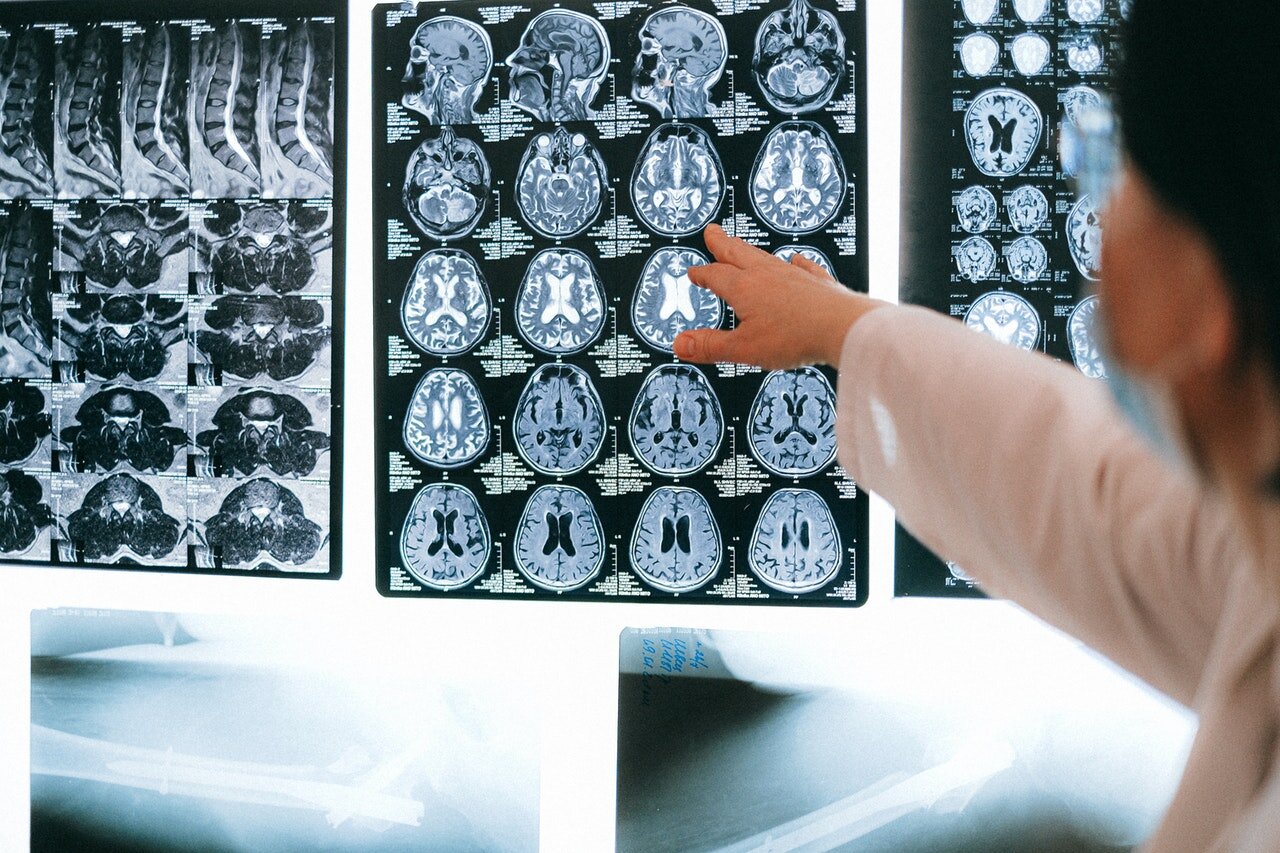CATEGORY: LIFESTYLE
There are many different types of dementia an individual can experience, so it’s essential to know the differences. Contact Sagecare to learn about your options.

Getting diagnosed with dementia can be life-altering for the individual affected and their family members. Fortunately, there is a wealth of information and support available for those impacted by dementia and their loved ones.
There is no one-size-fits-all care solution for dementia, as there are various stages and types of dementia that require different approaches and levels of care. If you or a loved one has been diagnosed with dementia, the first step is to identify the type of dementia experienced to establish a long-term plan.
Sagecare’s certified nurses are equipped with the experience and knowledge to provide care for all types of dementia. Our dementia homes across Toronto and care services are designed to help provide your loved ones with the personalized care they need to meet their unique needs.
What is Dementia?
Dementia is a condition often identified by symptoms such as memory loss, reduced thinking abilities, and decreased social skills. There are different types of dementia that can occur and, if you can catch dementia symptoms are early enough, you can manage them with professional help. If these symptoms are seen in the later stages, the progression can be slowed down but not reversed. There is no cure for dementia, but there are methods to help slow down its effects. After a dementia diagnosis is made, a doctor can provide medication or cognitive therapy and exercises to help prolong its progression. The individual diagnosed can receive further assistance from a dementia support team that is qualified and understands how to make the process simpler so the individual can age in place and continue living a fulfilled life.
How Many Types of Dementia Are There?
There are approximately 76,000 new cases of dementia recognized in Canada every year and over 400 different types of dementia. Although a lot of dementia types are unfamiliar and occur rarely, they do exist. Dementia is most likely to develop in seniors over 65, but people can start experiencing symptoms at a younger age.

The Different Types of Dementia
Among the hundreds of types of dementia that one ca experience, there are 4 main types of dementia. The most common types of dementia are:
1. Alzheimer’s Disease
Alzheimer’s disease is one of the main types of dementia and possibly the most well-recognized. It is a progressive neurologic disorder that damages the nerve cells in the brain, which causes the brain to shrink and cells to die. This ultimately results in a decline in thinking, behavioural, and social skills.
There are two types of Alzheimer’s dementia: Early-onset and Late-Onset. Early-onset signs are rare, appear between the age of 30 to mid-60s, and are usually caused by genetics. Late-Onset symptoms also involve genetics, are more common, and will first appear in a person’s mid-60s.
Some of the symptoms of Alzheimer’s include:
- Forgetfulness
- Inability to function independently,
- Difficulty making decisions.
If your family member has been diagnosed with Alzheimer’s Disease, you may need to find professional care for dementia to ensure that their symptoms are monitored, and they get the assistance they need. Unfortunately, it may not always be possible for loved ones to be able to monitor an individual with dementia, which is why many will opt for a retirement residence like Sagecare that specializes in memory care and seniors with dementia. However, you can have peace of mind knowing that, with Sagecare, your loved ones will be in good hands in a comfortable, home-like setting with a high level of personalized nursing care.
2. Vascular Dementia (VaD)
Vascular dementia is the second most common type of dementia. In contrast to Alzheimer’s that occurs over time, Vascular dementia can happen suddenly after a stroke affecting major blood vessels. It can continue to grow over time through a series of minor strokes gradually, making its symptoms more challenging to identify.
Some of the symptoms of Vascular dementia include:
- Memory loss,
- Changes in walking style
- Poor balance
- Problems with communication, including speaking.
According to experts, Vascular dementia accounts for 5-10% of dementia cases and often remains underdiagnosed.

3. Lewy Body Dementia (LBD)
This type of dementia can occur alone or together with Alzheimer’s or Parkinson’s. Lewy Body dementia occurs when an individual has abnormal clumps of protein that grow in the brain over time, disrupting nerve cell connections in the brain which affects the area of the brain that involves thinking and movement.
Some of the symptoms of Lewy Body dementia include:
- Loss of memory and language
- Inability to calculate numbers
- Hallucinations.
If any of your loved ones have been diagnosed with Lewy Body, it may be worth looking into dementia homes that can provide professional assistance. Personalized care from registered nurses enables individuals to feel secure and can help keep their symptoms under control. In the comfort of a dementia home, individuals can also engage in memory-based activities and potentially socialize with others for a fulfilled life.
4. Fronto-temporal Dementia (FTD)
Of the four main types of dementia, Fronto-temporal dementia impacts more of the frontal and temporal lobes of the brain, resulting in substantial changes in behaviour and personality. Symptoms of this can occur sooner than other types of dementia, such as Alzheimer’s. Fronto-temporal dementia is more common in younger people around the age of 45-65 but can affect older individuals too.
Some of the symptoms of Fronto-temporal dementia include:
- Changes in personality
- Lack of personal hygiene
- Difficulties speaking or comprehending other
Fronto-temporal dementia symptoms begin with speech and behavioural issues, with the general symptoms of dementia, such as confusion and memory loss, occurring in the later stage of the disease.
Once the symptoms are caught and diagnosed, it can be helpful to look into dementia facilities that can provide specialized care. As an elder care provider, Sagecare focuses on more than just memory care. All of our dementia facilities in Toronto, North York, Mississauga and more, offer kitchens, libraries, and other home-like amenities to ensure residents feel comfortable and at home with our family.

Debunking Myths About the Different Types of Dementia
Myth #1: Dementia and Alzheimer’s disease are the same thing.
Fact: Alzheimer’s is a type of dementia, whereas dementia is a broad umbrella term that describes the different types of neurological disorders.
Myth #2: All memory losses equal Alzheimer’s disease.
Fact: Even though Alzheimer’s is one of the most common types of dementia, other illnesses can cause memory loss.
Myth #3: Vascular dementia isn’t common.
Fact: Vascular dementia may not be the most common, but it is widely considered the second most common type of dementia, accounting for 5-10% of cases.
Myth #4: Dementia is inevitable.
Fact: Although you cannot necessarily stop dementia from occurring, you can reduce its risks by maintaining a healthy diet, not smoking, reducing alcohol consumption, and staying active.
Myth #5: You can only develop dementia with old age.
Fact: Although some types of dementia occur with age, such as Alzheimer’s disease, it’s not the same for each type of dementia. Fronto-temporal dementia, for example, appears as early as the age of 45. Sometimes, people can even see general dementia symptoms at the age of 30.
Moving Forward
If you have been looking into the different types of dementia, the chances are that you or your loved one is experiencing symptoms. It is normal to go through this, and you can tackle the issue with some professional help. Understanding the different types of dementia can seem challenging, but things will only get more manageable with the professional help of the Sagecare family.







